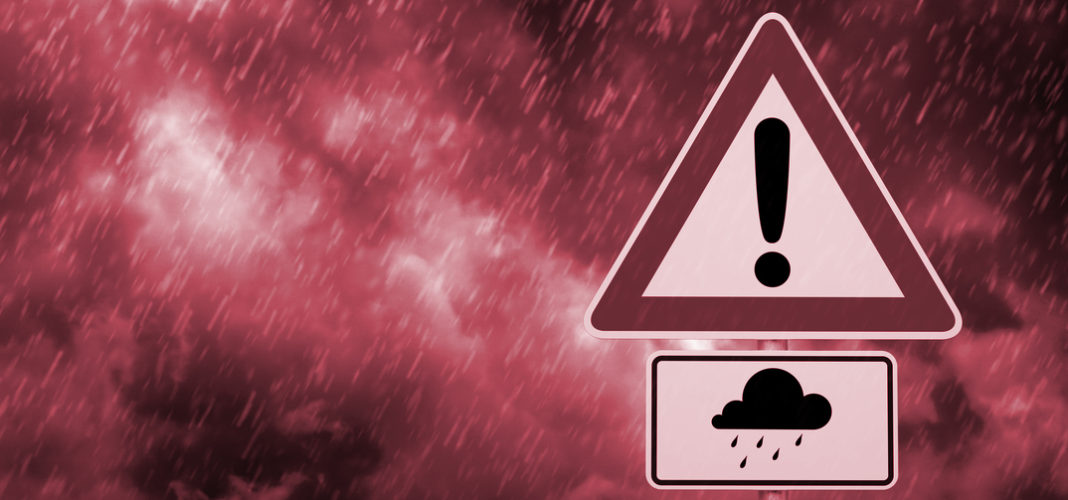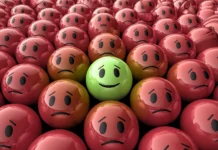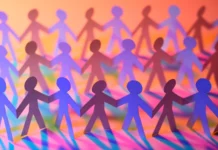Hurricanes are named according to a strict procedure established by the World Meteorological Association.They start alphabetically and alternate between male and female names. The names are selected in advance so don’t bother lobbying for naming rights.
Given the equal distribution of male and female names, one would expect the death toll to be similar. But that is not the case. Hurricanes with female names are far more deadly. So much so that one researcher noted:
Changing a severe hurricane’s name from Charley to Eloise could nearly triple its death toll.
It just doesn’t make sense. Or does it?
Researchers believe that unexplored social factors are at work. They argue that female named hurricanes cause significantly more deaths than their male counterparts because they lead to lower perceived risk and less preparation.
In other words, gender stereotypes shape how people prepare. Hurricanes named after men are associated with strength and aggression while hurricanes named after women engender a more passive response. Hurricane Sam has more street cred than Hurricane Samantha.
People are more likely to seek shelter and take warnings seriously when Hurricane Sam is barreling towards them. As the research shows, these gender biases can have deadly consequences.
The study highlights our hidden biases and how we make decisions based on factors outside of our awareness all the time. Indeed, stereotypes lurk in unexpected places.
Mahzarin Banaji and Anthony Greenwald explore these hidden biases in their fascinating book, Blindspot: Hidden Biases of Good People:
Many of us hold onto quite a bit of unconscious bias against all sorts of groups, no matter how unprejudiced we strive to be in our actions and conscious thoughts.
Recognizing the factors and implicit prejudices that unconsciously shape our beliefs and actions is the first step.
Assignment: Peer into your blindspots. It may be eye-opening.
I wish you all the best,
Dr. Samantha Boardman






